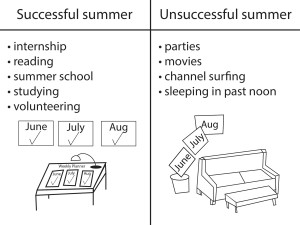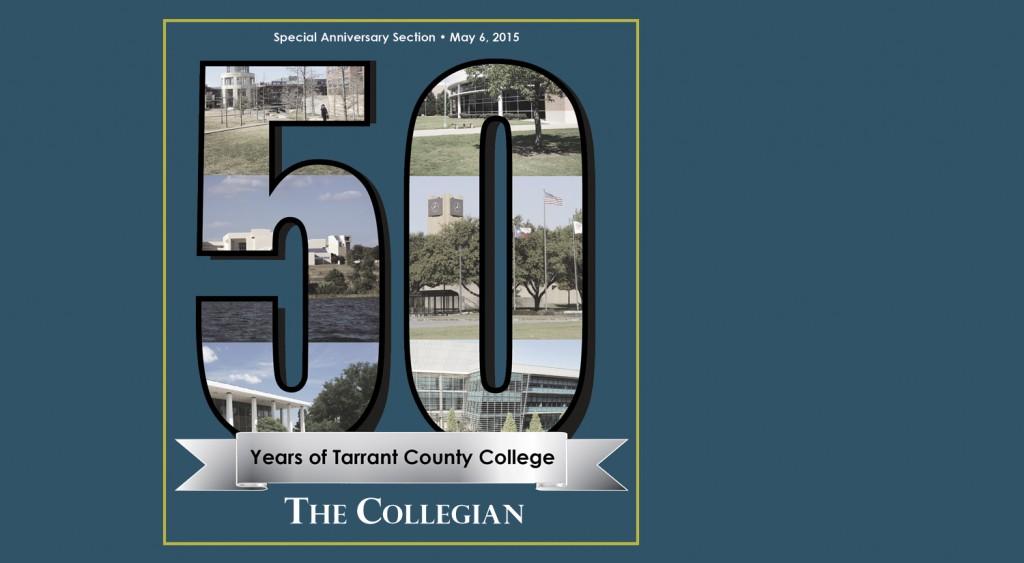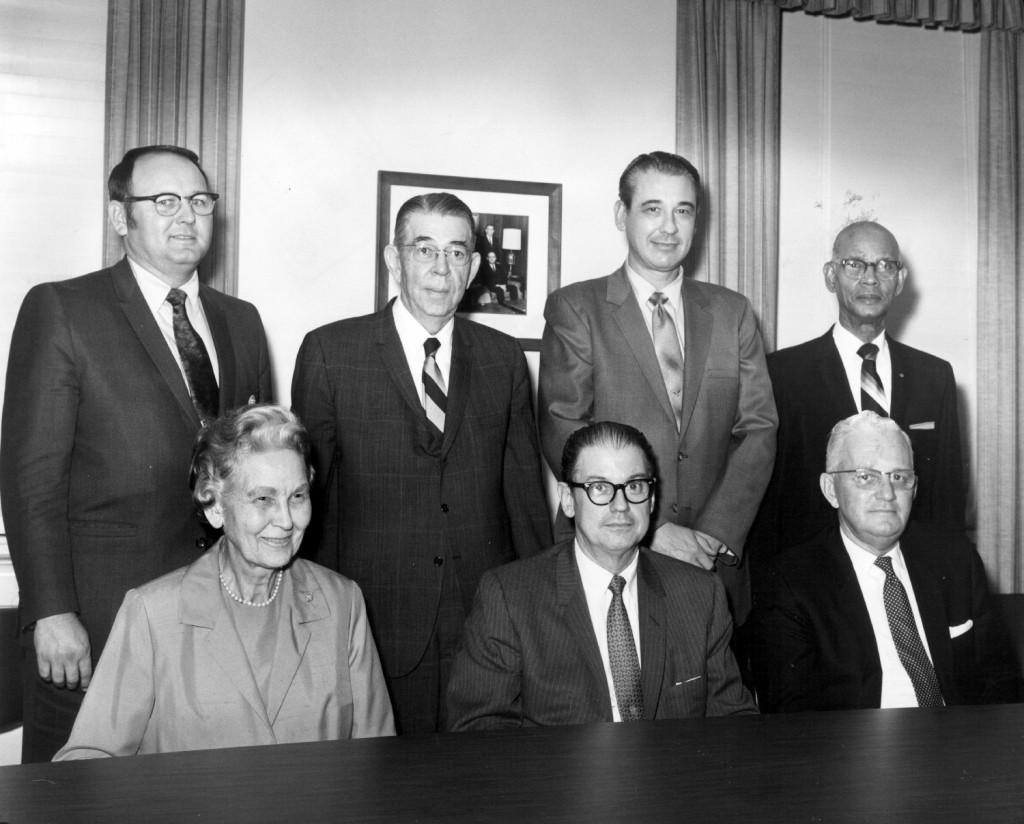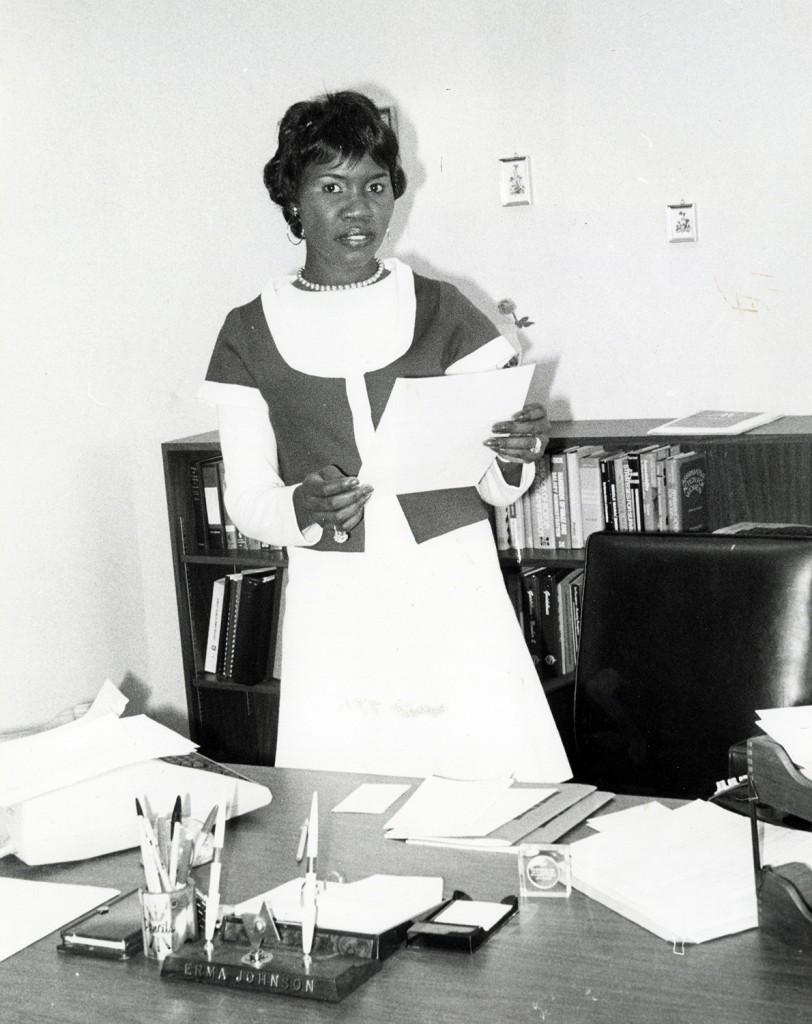Summer vacation is almost here. Once final exams are over, students will have the time until next semester to use how they see fit.
But the factor that will separate students who get ahead from those who don’t is finding a balance between working and taking time off.

The students who will fall behind, walk out of final exams on the last day with no plan, no job and no idea how to spend the next two and a half months. They may not even leave their couch.
This is not how students should spend their summer. Without any type of academic involvement, students fall behind. Studies have shown this to be the case.
According to research done by the National Summer Learning Association, students can lose the equivalency of a grade level in math in the summer months alone. Not only could students lose what they had learned over the course of the semester, doing nothing over the summer could lead to their being mentally unprepared for school in the fall. And this shows up when they return from break.
Two-thirds of teachers surveyed by Education Week said they spend the first two to three weeks re-teaching old material to students after they return from vacation. Students can break this trend by keeping their brains active by taking summer classes or simply by reading books.
Furthermore, what will put students ahead is going into final exams either signed up for summer classes or lined up with a job, internship or volunteer plans.
Over the next two months, students who planned ahead will make the transition into summer vacation with ease and will continue moving forward. They will not miss a beat when summer vacation is here.
What separates successful students from the rest is planning small things on the front end, like checking their degree plan for classes needed, searching for a job before school is out and applying for internships ahead of time. These opportunities will pay off in the long haul.
As students progress later into their college careers, an internship is an important transition into the professional world with summer providing the window for that opportunity.
Even if students are not working an internship, they can still market themselves to potential future employers.
According to College magazine, students can accomplish this by creating a LinkedIn page or establishing a connection with a future employer by joining a local association. Small steps like these, prevent students from having an unproductive vacation and could lead to an internship down the road.
Planning also gives students the benefit of taking time off too. That is one of the keys to having a successful summer. With things planned, students are given the flexibility for a trip or a day on the couch here and there. With limited time on break, students should take advantage of the downtime.
But ultimately, spending the whole summer on the couch won’t help students long-term.
A productive summer vacation will keep students ahead and can be the difference between being ready for school next fall or playing catch up when classes start.


























